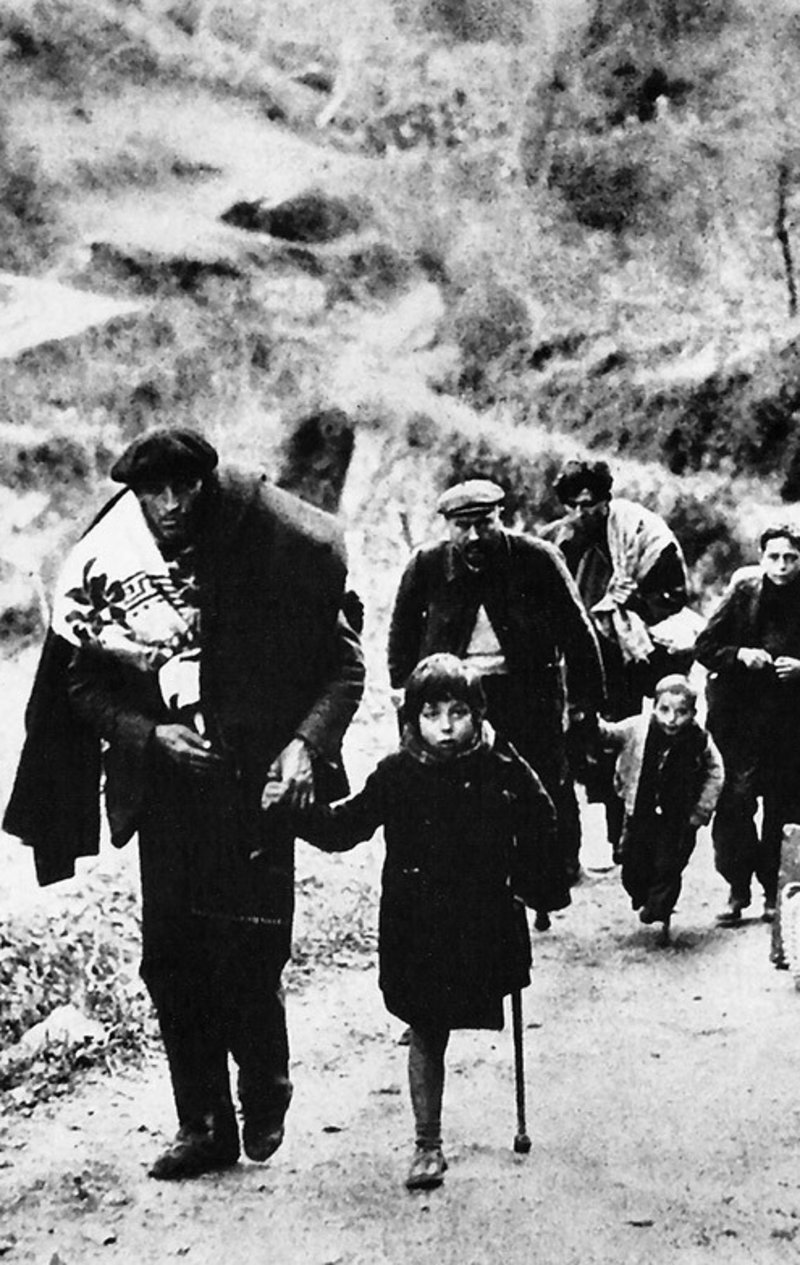from the editor
Europe’s – and Catalonia’s – sad history of exile
Exile has sadly been a frequent part of Europe’s history. For economic, religious and, above all, political reasons, many people have had to leave their homes and seek refuge in safe countries. It is also the history of Catalonia. When Republican troops retreated 80 years ago, hundreds of thousands had to cross the Pyrenees to save their lives and futures, far from fascist Spain, which had won the Civil War. Among those who went were the Catalan government and its president, Lluís Companys. They were not the only ones, as the Basque government and its Lehendakari (president) José Antonio Aguirre also fled, as did the government of the Spanish Republic and its president, Manuel Azaña.
Exile is not just a reality that has a huge impact on people and families, it also represents a cultural, scientific and human loss, from which countries take a long time to recover. After the defeat, many intellectuals, writers, journalists, teachers, and scientists had to leave. The cultural impoverishment was devastating. Poets like Antonio Machado, musicians like Pau Casals, doctors like Dr Josep Trueta, had to save their lives in exile. Many of them went to refugee camps, in subhuman conditions. While those who survived then had to confront the tragedy of the Second World War. Franco asked Hitler to track down the Republicans who were in territories occupied by the Nazis, and that was how the German police arrested the Catalan president in Brittany, France. He was extradited to Spain and after a brief war council, he was executed at Montjuïc castle in Barcelona. The extermination camps were filled with Republicans and Catalanists. Exile is part of the identity of the peoples of Europe. And sadly, Catalans, as a European people, still suffer from its open wounds. This month, we take a look at what exile meant for Catalonia in February 1939 in our feature, Tales of Exile (pages 20-33). On another note, CaixaForum hosts the exhibition dedicated to the German painter Max Beckmann. After knowing great success as the “German Picasso”, he was then censored by the Nazis. His work was displayed in the notorious Degenerate Art exhibition in Munich in 1937, and afterwards his life was also marked by exile.


